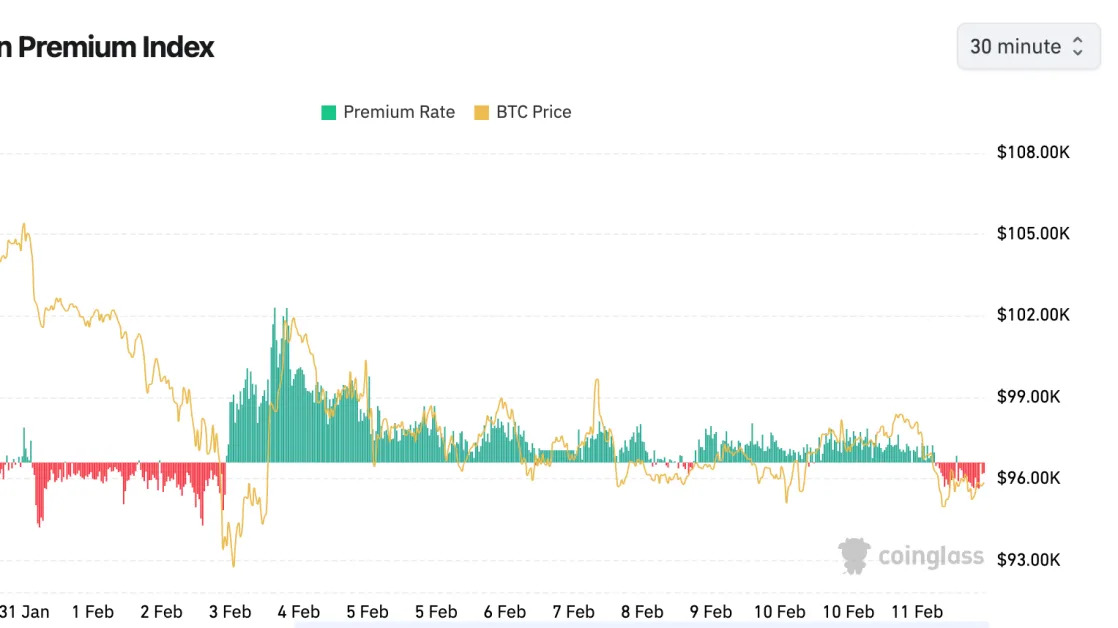(Bloomberg) -- As shares of Elon Musk’s Tesla Inc. rally on Thursday, the jump in the size of the company dwarfed the decline in the value of its US rivals as the stocks responded to President Donald Trump’s latest tariff announcements.
Even small moves in Tesla’s stock have a huge market impact because the company is so much bigger than other automakers. Tesla’s 1.7% rise on Thursday brought the market capitalization of the company up $14.3 billion. While shares of General Motors Co. and Ford Motor Co. moved more — to the downside — their combined value only dropped by around $4.6 billion.
“Tesla’s high-flyer valuation is distorting the pain that tariffs on autos are facing,” said Dave Mazza, chief executive officer at Roundhill Financial Inc. “Tesla sold fewer cars than even Honda or Nissan last year, but it is up today even as the tariff turmoil is dragging down the rest of the auto sector.”
While the shares of many automakers were down on Thursday, Tesla is so big that its increase put an index of auto companies up 0.8% for the day.
The stocks were all responding to Trump’s decision to place a 25% tariff on fully-assembled vehicles coming into the US from other countries. Tesla is expected to largely escape the levies because it makes all of the cars it sells in the US at factories in California and Texas. GM and Ford, on the other hand, import many of their cars. The picture could get more complicated if the tariffs expand to imported parts, which is currently set to happen by May.
For Tesla’s volatile stock, Thursday is on track to be one of the smallest moves this month. The shares have been hit hard since the beginning of the year and were down 33% this year through Wednesday’s close. Roughly $130 billion was wiped away in a March 10 selloff, while a rally on Monday added about $95 billion. Those changes were, on their own, bigger than the combined market value of GM and Ford, despite the fact that Tesla’s sales volumes are smaller than that of its competitors.
A handful of other winners are emerging on Thursday. Also gaining are some companies that sell used cars, including Carmax Inc. and rental-car companies Hertz Global Holdings Inc. and Avis Budget Group Inc. Secondhand vehicle players are poised to benefit if new car prices rise substantially, Morgan Stanley analyst Adam Jonas told clients.
Broader US markets aren’t panicking after the confirmation of the tariffs, with the S&P 500 Index down about 0.1%.
Still, the long-term impact is likely to go beyond the auto sector, according to Solita Marcelli, chief investment officer for the Americas at UBS Global Wealth Management. Marcelli pointed to implications for supply chains, investment and consumer prices — as well as the future of global trade tensions.
“The bigger question is what these very aggressive automotive tariffs signal for next week’s announcement on both reciprocal and ex-auto sector tariffs,” Marcelli wrote in a note. “We advise investors to prepare for a wide range of selective tariffs and retaliatory measures that could increase market swings.”
--With assistance from Esha Dey.





